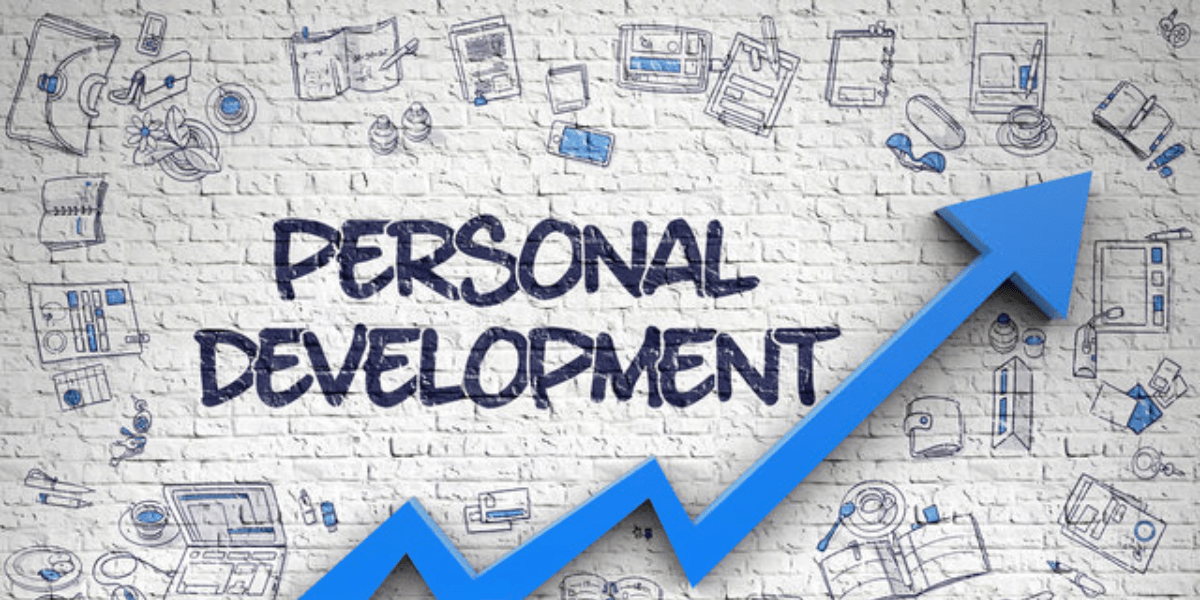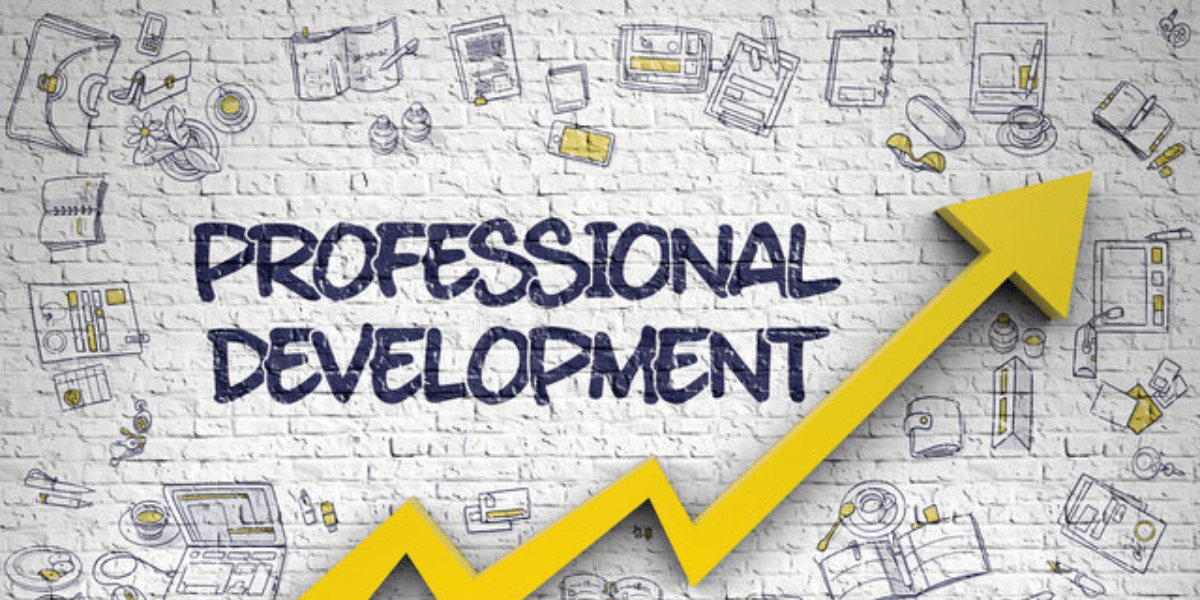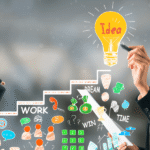Valley of Experts Training Institute Al Garhoud, Dubai – UAE
Lifelong Learning for Personal Growth: Exploring the Benefits of Learning Beyond Formal Education

The concept of lifelong learning has gained immense importance. Lifelong learning benefits individuals in many ways, extending far beyond the traditional confines of formal education. This blog will tell you about theadvantages of informal education and how learning for personal development can lead to substantial personal and professional growth.
The Essence of Lifelong Learning
Lifelong learning is the ongoing, self-motivated pursuit of knowledge for personal or professional reasons. It is not confined to a classroom but encompasses all forms of learning, whether structured or unstructured. The primary aim is to continuously develop skills, knowledge, and attitudes throughout one’s life.
Lifelong Learning Benefits
- Adaptability to Change: One of the most significant lifelong learning benefits is the ability to adapt to changes. In a rapidly changing world, where technology and industry standards evolve continuously, staying updated is crucial. Lifelong learners are better equipped to handle new challenges and seize opportunities.
- Enhanced Cognitive Abilities: Engaging in continuous learning keeps the mind active and sharp. It stimulates brain function, improves memory, and reduces the risk of cognitive decline. This is especially important as we age, helping to maintain mental acuity and overall brain health.
- Boosted Confidence: Acquiring new skills and knowledge can significantly boost self-confidence. When individuals feel competent and capable, they are more likely to take on new challenges and pursue ambitious goals, both personally and professionally.
- Career Advancement: In the professional realm, continuous learning is often synonymous with career growth. Those who commit to lifelong learning are more likely to advance in their careers as they bring fresh perspectives, innovative ideas, and up-to-date skills to their roles.
- Personal Fulfillment: Learning for personal development leads to a sense of fulfillment and purpose. Whether it’s picking up a new hobby, mastering a new language, or exploring a new field of interest, the joy of learning enriches life and brings a sense of accomplishment.
Informal Education Advantages
Informal education refers to learning that occurs outside of a formal educational institution. It can take many forms, such as self-study, online courses, workshops, and hands-on experiences. The advantages of informal education are manifold:
- Flexibility: Informal education offers unparalleled flexibility. Learners can choose what, when, and how they want to learn, tailoring their educational experiences to fit their lifestyles and schedules.
- Cost-Effectiveness: Many informal learning opportunities are free or low-cost. From free online courses to community workshops, individuals can gain valuable skills and knowledge without the financial burden associated with formal education.
- Real-World Application: Informal education often focuses on practical, real-world applications. This hands-on approach allows learners to immediately apply what they’ve learned, reinforcing knowledge and skills through practice.
- Diverse Learning Opportunities: The variety of informal education options is vast. Whether it’s through online platforms, podcasts, books, or mentoring, individuals have access to a wealth of resources that cater to diverse learning styles and interests.
Learning for Personal Development
Learning for personal development is a holistic approach that encompasses emotional, intellectual, and physical growth. It emphasizes the importance of self-awareness, self-improvement, and self-fulfillment. Here are some ways learning for personal development can be achieved:
- Emotional Intelligence: Developing emotional intelligence involves understanding and managing one’s emotions and the emotions of others. This skill is crucial for personal and professional relationships and can be honed through courses, reading, and self-reflection.
- Skill Acquisition: Learning new skills, whether for a hobby or career, contributes to personal growth. This could range from learning to play a musical instrument to acquiring technical skills like coding or graphic design.
- Health and Wellness: Education in areas such as nutrition, fitness, and mental health promotes overall well-being. Understanding how to maintain a healthy lifestyle is a key component of personal development.
- Cultural Awareness: Learning about different cultures and histories fosters empathy and broadens perspectives. This can be achieved through travel, reading, and engaging with diverse communities.
Personal and Professional Growth Through Learning
The interplay between personal and professional growth is significant. Lifelong learning benefits both aspects of an individual’s life, creating a synergy that leads to a well-rounded, fulfilled person. Here are some ways this manifests:
- Increased Employability: In a competitive job market, continuous learning makes individuals more attractive to employers. It signals a commitment to self-improvement and staying relevant in one’s field.
- Leadership Skills: Lifelong learners often develop strong leadership qualities. They are proactive, adaptable, and capable of guiding others through change. Leadership training, public speaking courses, and management workshops are examples of learning avenues that enhance these skills.
- Innovation and Creativity: Continuous learning fosters a culture of innovation. Exposure to new ideas and knowledge encourages creative thinking and problem-solving, which are invaluable in both personal projects and professional roles.
- Work-Life Balance: Personal development activities, such as learning stress management techniques or pursuing a hobby, contribute to a healthier work-life balance. This balance is essential for long-term career satisfaction and overall well-being.
Practical Steps For Lifelong Learning
- Set Learning Goals: Identify areas of interest or skills you want to develop. Setting clear, achievable goals provides direction and motivation.
- Leverage Technology: Utilize online resources such as MOOCs (Massive Open Online Courses), educational websites, and mobile apps. These platforms offer a vast array of courses and materials accessible at any time.
- Join Learning Communities: Engage with like-minded individuals through forums, social media groups, or local clubs. These communities provide support, resources, and opportunities for collaborative learning.
- Read Widely: Cultivate the habit of reading. Books, articles, and journals are rich sources of knowledge and inspiration.
- Reflect and Apply: Regularly reflect on what you’ve learned and find ways to apply it in your daily life. This reinforces learning and makes it more meaningful.
خاتمة
Lifelong learning is a powerful tool for personal and professional growth. The benefits of lifelong learning extend far beyond the acquisition of knowledge; they encompass emotional well-being, career advancement, and personal fulfillment. Availing the advantages of informal education and learning for personal development allows individuals to adapt, innovate, and thrive in a constantly changing world. By committing to continuous learning, we open ourselves to endless possibilities and a richer, more rewarding life. At the same time, if you’re looking for a professional training course in the UAE, VOE has got you covered! Get in touch to learn more.















